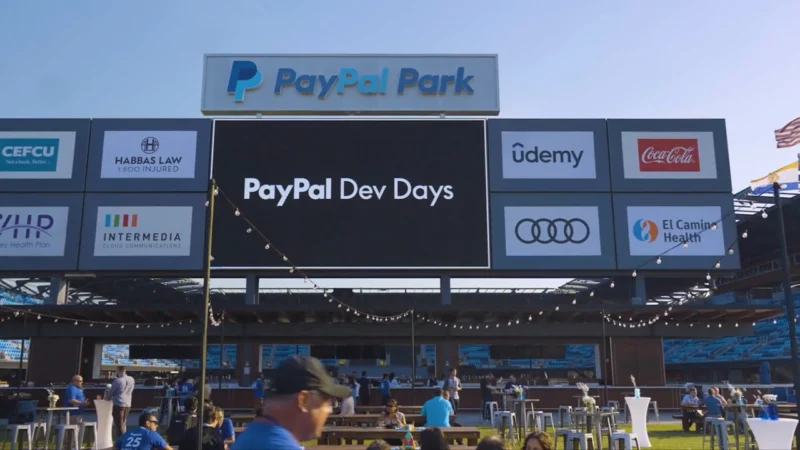Understanding Digital Disruption and Transformation: The Mecca Minute
Understanding Digital Transformation
Digital transformation is yet another oversimplified set of buzzwords with a very complicated meaning. Digital transformation is most often associated with the conversion of a largely manual processes into a highly efficient and inherently more organized process using data. It can also be applied to streamlining the development of products and services.
On one end of the spectrum, digital transformation is as simple as converting paper documents into electronic ones, scanning them for data, storing that data and then using the data for a myriad of purposes in a business. On the other end of the spectrum, digital transformation of a business is a much more comprehensive commitment which disrupts.
The intent of this type of transformation is to take on a new strategy or customer segmentation with a completely different offering. The disruption essentially optimizes the processes and invalidates the preceding approach, eventually putting competitors, who haven’t transformed, out of business.
The most commonly referenced example is how Uber digitally disrupted the taxi services industry. On one hand it put cabbies out of work, but on the other created many times more jobs for self-employed, while improving service. You, the consumer, won. A few cabbies had to adapt or die. It is easier for start-ups, like UBER, to conceive of a fully digital process since they are not impacting an existing revenue stream.
However, companies who are truly ready to transform must also understand that there’s going to be a major upheaval to their way of life and require a major sales job to leadership who a fixated-on revenue preservation. Selling a company that they are in a “digitize or die” situation can be career defining, but if truly embraced it’s the kind of change a business needs to stay relevant in the long term. Just like when they first launched their business. Easier said than done.
For the latest B2B news, trends and tips check out our industry pages! You can also follow us on Linkedin or Twitter at @MarketScale!








